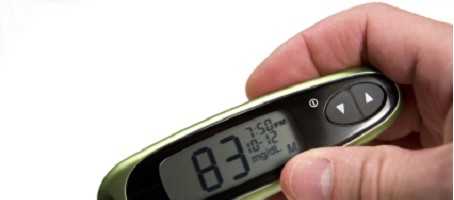The number of adolescents and young adults with type 1 diabetes living in Sweden may be 2-3 times greater than previously estimated.
New research published in the journal Diabetologia found that while Sweden has the second highest rate of type 1 diabetes in the world, the method used to determine current incidence rates for the country may not be as accurate as first thought.
Dr. Araz Rawshani of the Swedish National Diabetes Register, Gothenburg, and colleagues discovered that instead of using the Diabetes Incidence Study in Sweden (DISS), they could more accurately estimate actual figures by reviewing the country’s Prescribed Drug Register (PDR) and establishing a diagnosis of type 1 diabetes through a patient’s prescription medications.
Men with at least one and women with at least three prescriptions for insulin who were not being treated with oral hypoglycemic drugs were included as having type 1 diabetes. Women needed three insulin prescriptions to avoid confusion with gestational diabetes.
The researchers then compared the results from the PDR with incidence rates in patients aged 14 and younger in the Swedish Childhood Diabetes Register (SCDR) and by assessing diabetes type among adults aged 18-34 in the National Diabetes Register (NDR).
They found that the absolute number of type 1 cases in adolescents and young adults in the PDR was nearly 3 times the figure originally estimated through the Diabetes Incidence Study (1,217 versus 435).
In addition, their findings did not back previous research that prevalence of the disease is rising among children and thus declining in the rest of the population, as their analysis of the PDR found that incidence rates in adolescents and young adults were actually equal to those reported in children aged 0-4 years.
Since all patients diagnosed with type 1 diabetes must be entered into the PDR, the researchers said that this should be the ongoing method to determine and monitor type 1 diabetes incidence in Sweden in any future studies.
What's new on the forum? ⭐️
Get our free newsletters
Stay up to date with the latest news, research and breakthroughs.






